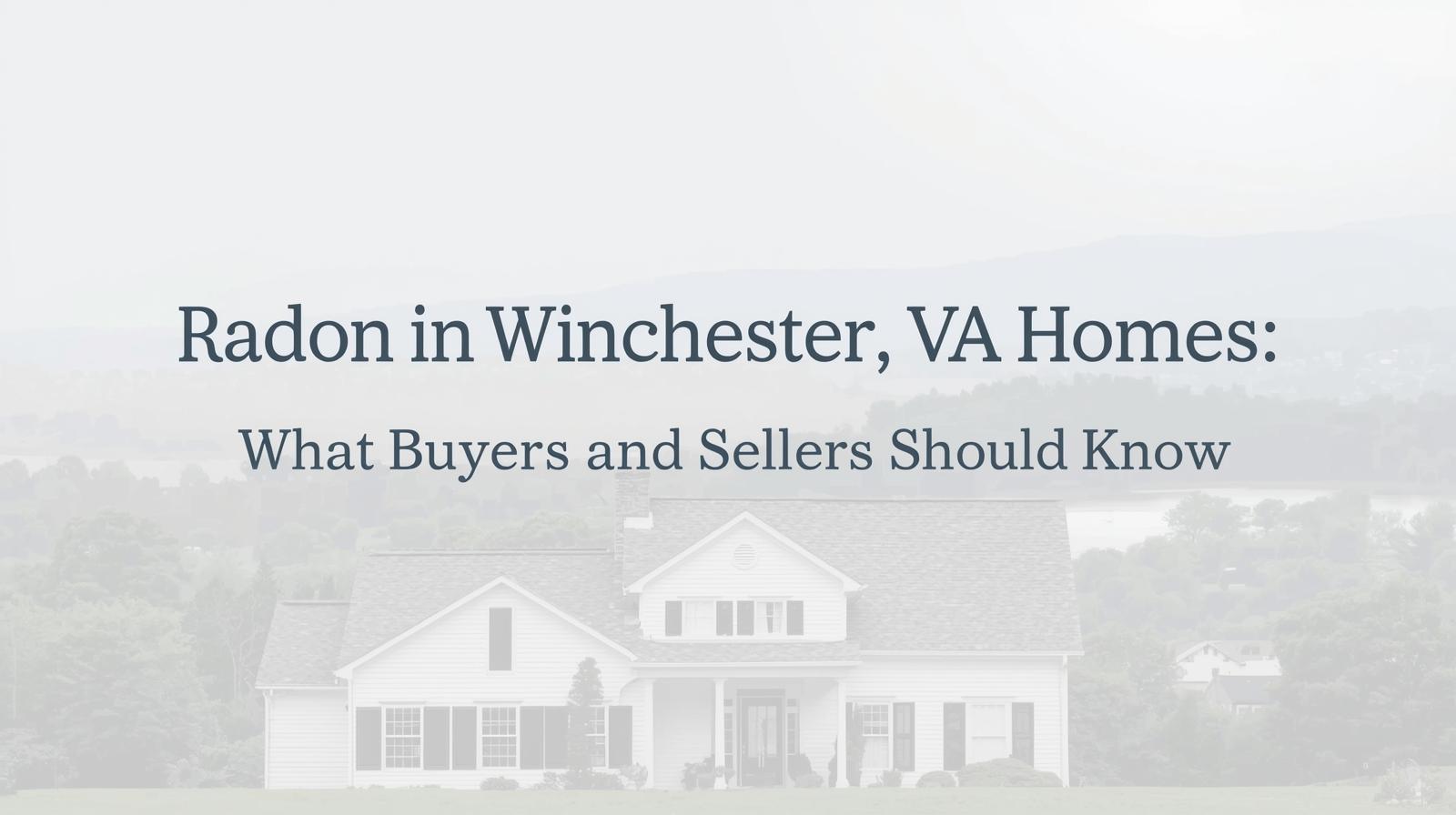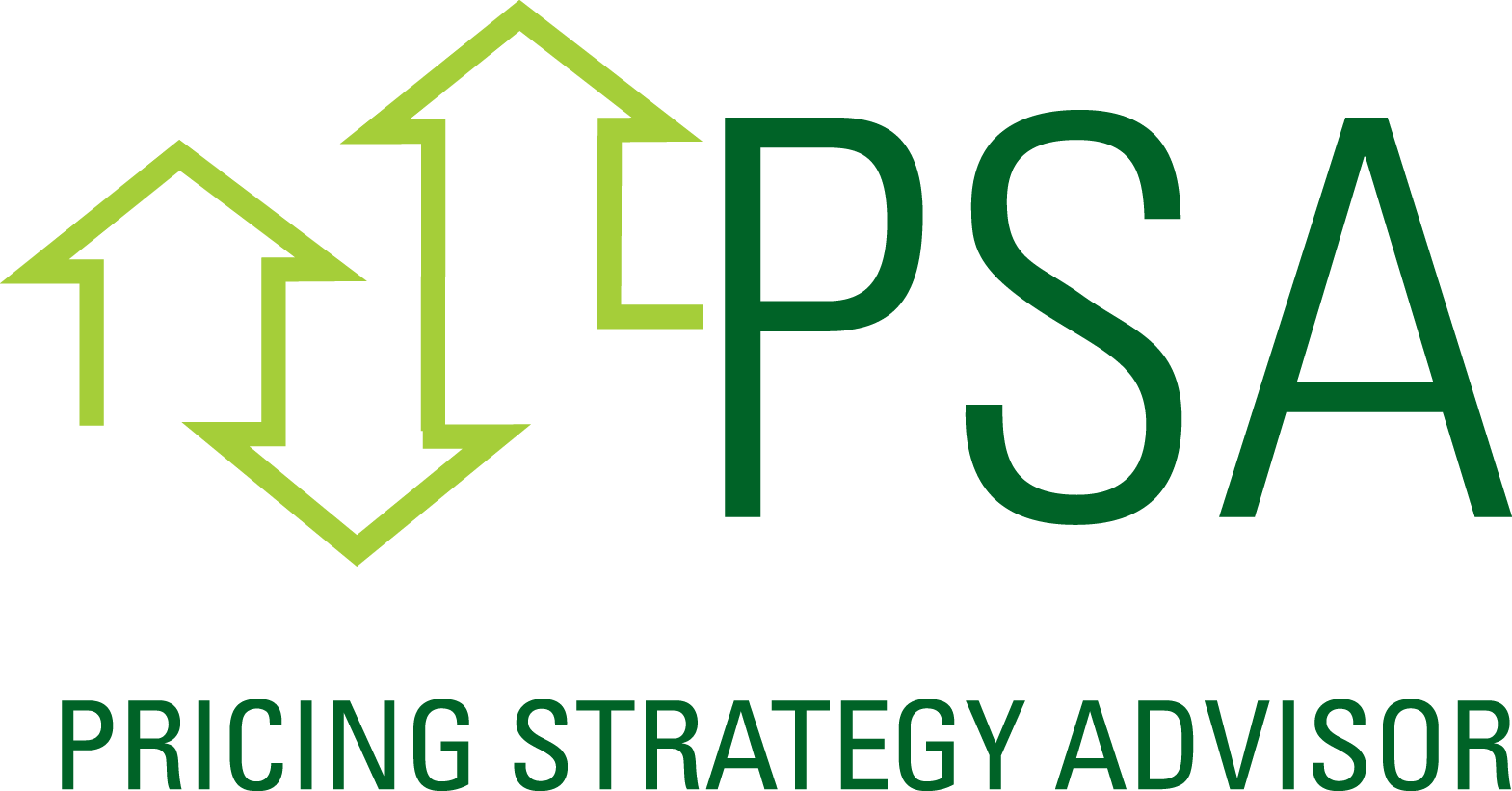When buying or selling a home in Winchester, VA or the greater Shenandoah Valley, one important topic often overlooked is radon. It’s invisible, odorless, and silent—but it can have a big impact on both your health and your real estate transaction.
What is Radon?
Radon is a naturally occurring radioactive gas that comes from the breakdown of uranium in soil and rock. It seeps up through the ground and can enter homes through cracks in the foundation, sump pumps, or even well water. Because it has no smell or taste, you won’t know it’s there unless you test for it.
The Environmental Protection Agency (EPA) has identified much of Virginia—including the Shenandoah Valley—as areas where homes are at a moderate to high risk for elevated radon levels.
Why Should Buyers Care?
If you’re purchasing a home, a radon test can provide peace of mind. High levels of radon over time can increase the risk of lung cancer, even for nonsmokers. Most home inspections include radon testing as an optional add-on, but in this area, it’s worth making it a standard part of your due diligence.
If elevated levels are detected, don’t panic—radon mitigation systems are effective and relatively affordable. As a buyer, you can often negotiate with the seller to have a system installed before closing or to receive a credit toward the cost.
Why Should Sellers Care?
For sellers, addressing radon before listing can prevent last-minute negotiations and help your home stand out as a safe, well-maintained property. A simple radon test before you go on the market can allow you to either market your home as “radon-safe” or proactively install a mitigation system if needed.
Buyers appreciate transparency—and knowing you’ve taken care of this issue up front shows responsibility and adds confidence to your listing.
How Do You Test for Radon?
Radon testing is simple. There are two main methods:
-
Short-term tests: Usually lasting 2–7 days, these provide a quick snapshot of radon levels.
-
Long-term tests: Running for 90 days or more, these give a more accurate picture of year-round exposure.
Professional inspectors in the Winchester and Shenandoah Valley area often use electronic continuous monitors during home inspections, giving fast, reliable results. You can also purchase DIY radon test kits at local hardware stores, but professional testing is recommended in real estate transactions.
What if the Test Shows High Radon Levels?
If a test reveals radon levels at or above the EPA action level of 4.0 picocuries per liter (pCi/L), mitigation is recommended. A common solution is a sub-slab depressurization system, which vents radon gas safely outside.
These systems typically cost between $800–$2,000 in the Winchester area—a relatively small investment compared to the peace of mind and potential health risks avoided.
Why Radon Matters in Real Estate
Whether you’re buying or selling in Winchester or anywhere in the Shenandoah Valley, radon awareness is a smart step in the process. It can:
-
Protect your family’s health.
-
Avoid surprises during negotiations.
-
Increase confidence in your home’s value.
As your local Realtor, I help guide buyers and sellers through every step of the process—including how to handle radon testing and mitigation. The goal is always to keep the transaction smooth and stress-free, while ensuring everyone feels informed and protected.


 Facebook
Facebook
 X
X
 Pinterest
Pinterest
 Copy Link
Copy Link






